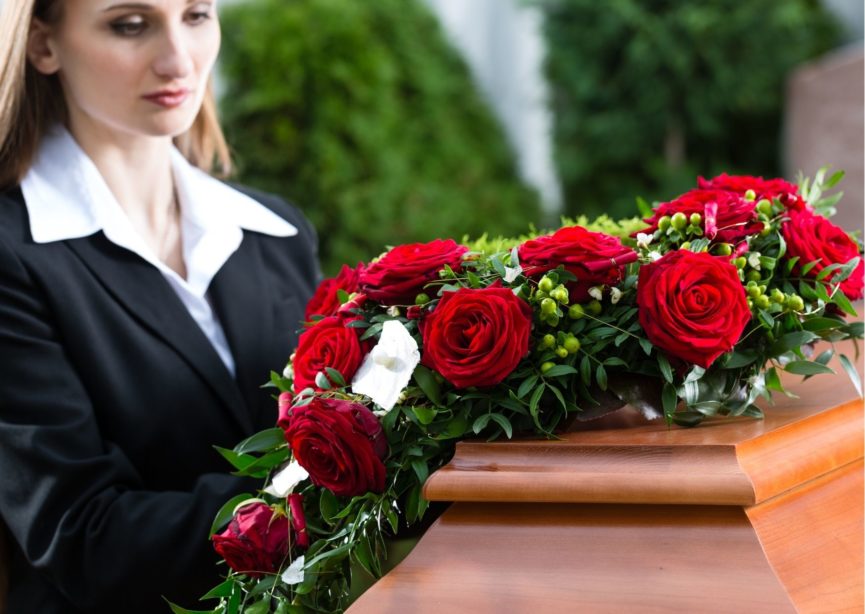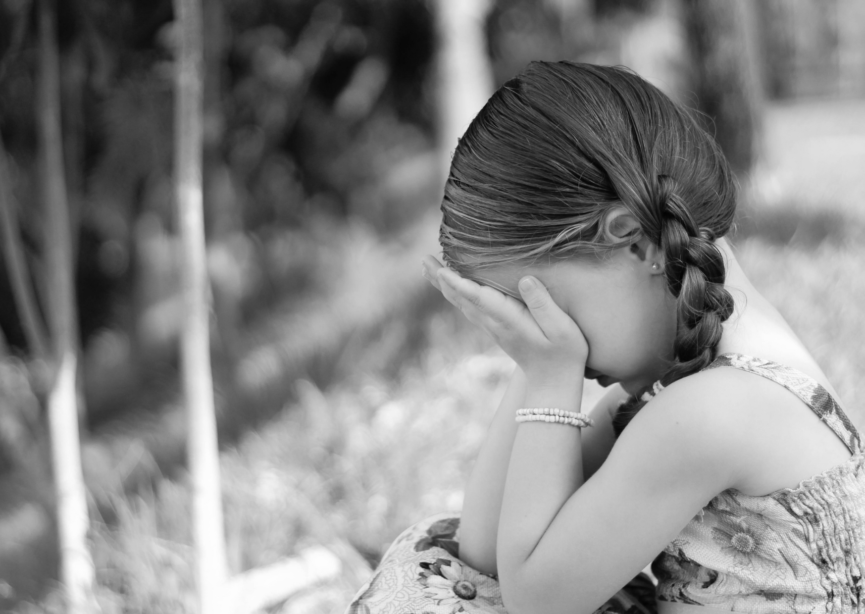What’s it like to be a funeral director? When I tell people that I work for a funeral director, I’m always fascinated by the different responses I get. Your job is something that comes up in conversation frequently and so I have had a lot of time to ponder how people react and why. Recently I went to a new hairdresser. She asked me, “So, what do you do for a living?”. Me: “I work for a funeral director.” Her: “Oh…” There is no one typical response when you tell someone you work in the funeral business. Some people, like my new hairdresser, fall into an awkward silence before trying desperately to change the subject. Others crack jokes, some of which are actually pretty funny, and some I have heard a million times before (like working in the ‘dead centre’ of town). Other people are genuinely interested about what I do and why, while others ask questions about death and the supernatural, or what my beliefs are about what happens when we die (I try to navigate around the latter question as tactfully as possible). On the whole, people are fascinated, even if it makes them feel a bit awkward. A lot of people think that making a living out of death is a bit morbid, but honestly, most people I talk to have an immense curiosity about what it is like to be a funeral director, too. The thing is, death is a part of life. We all die. Now, I’m not a funeral director. Yes, I work for a funeral business, but I’m the marketing manager! That’s not to say that I don’t deal with the death side of the business – I do. I occasionally attend funerals, speak with grieving families, hand over the ashes of lost loved ones who have been cremated, and being involved in funeral arrangements is not out of the question if needed. Of course, I could just tell people that I work in marketing, but I find the different responses I get fascinating, and it often leads to me wondering why people are so uncomfortable with the idea of an individual or company that makes a living out of death when so many of them are curious about what it is we do. A question that we get asked a lot is how do we cope with death all day, every day? It goes without saying that working as a funeral director can be emotionally challenging, and serving small, regional communities undoubtedly plays a role in this. Everyone knows everyone else in small towns, so it’s inevitable that sometimes we will have personal relationships in some form or another with the deceased people that come into our care. There are times where we are forced to confront our own mortality, too, particularly when we are caring for someone who has died in very tragic circumstances and their loved ones. There is a flipside, though. As funeral directors, our whole team feels deeply … Read More
How to talk to children about death
Most people find death something that is uncomfortable to talk about, but knowing how to talk to children about death can be particularly difficult. If not done right, it can be a traumatic experience for both the adult and the child taking part in the conversation. You might not have considered the need to discuss death with your child, but unfortunately it is something that they will definitely have to deal with during their life. Whether your child’s first experience with death is that of a much loved pet, a grandparent sibling, parent or friend, you will still need to be prepared for the big conversation. It may be that your child hasn’t experienced the death of someone or something they love before, but they are worried about death in some way. You will still find this article useful if that’s the case for you. It can often be helpful to initiate conversation around death with your child before they experience the death of a loved one. We know it’s not easy, so before you jump in, grab a cuppa then have a read of this blog post to arm yourself with what you need to know about talking to your child about death. Before you start The first thing to remember is that death is a part of life. All living things die eventually. Plants, animals, humans… we all die. We suggest you are as honest as possible while still remaining age appropriate for the child you are speaking with. If you have the opportunity, it’s best to think about what you are going to say and how you are going to say it before the conversation takes place. Consider some of the questions your child might ask you about death and dying (we have listed some examples of questions children ask about death later in this article) and have an answer ready. How you answer may depend on your own religious beliefs if you have any. If you don’t know something, it’s okay to admit that, but above all else be sensitive to your child’s emotions during this conversation. Find a comfortable place to have this important chat with your child – somewhere that is not only physically comfortable, but also somewhere they feel safe and loved. If you have the conversation about death sprung on you, do your best to remain as relaxed as possible. While showing some emotion is fine, it isn’t the time for big displays of emotion. Take your time. Part of the reason such conversations can be so difficult is because we often avoid talking about things we find upsetting. Indeed, death is frequently a taboo subject, so if you feel like you will struggle with this conversation, practice with another adult first. Use the word ‘death’ This might sound harsh to some, but by using the word death we help to avoid confusion. Think of the different words and phrases we use to say someone has died – passed, passed away, passed … Read More


